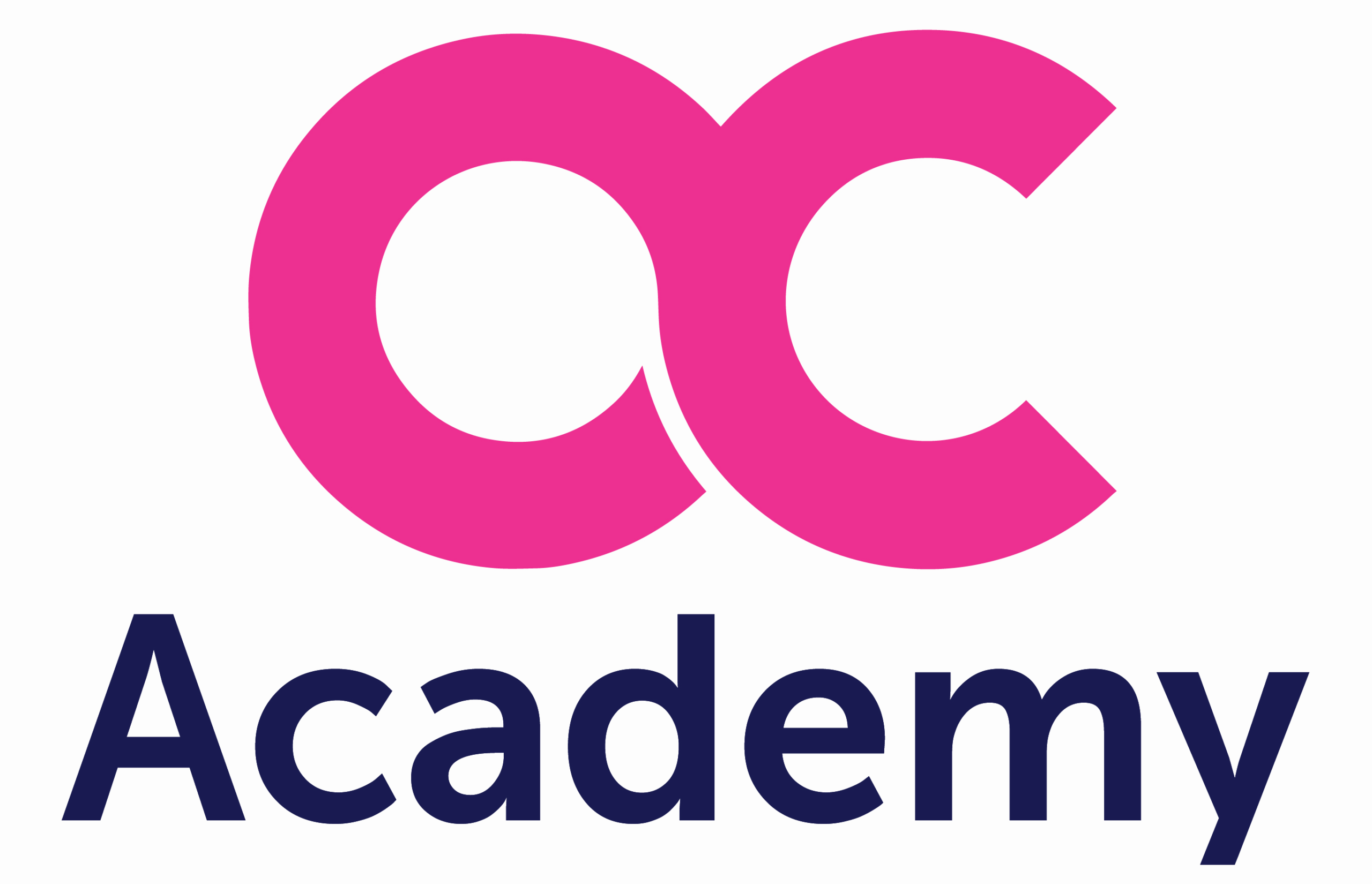For Indian physicians, the United Kingdom presents an attractive career destination, offering both clinical experience and the potential for a rewarding professional journey. But entry into the British healthcare system involves passing through the Professional and Linguistic Assessments Board (PLAB) route. This may be a complicated and lengthy process, but with proper guidance, it becomes a feasible option.
The UK’s medical licensing process for international doctors is designed to ensure that professionals achieve the required standards to provide safe and effective services in the country. This detailed guide explores the key components of the PLAB pathway, helping Indian doctors understand the steps required to obtain GMC registration and work in the UK.
Understanding the PLAB Examination
What is PLAB?
The Professional and Linguistic Assessments Board (PLAB) test is a requirement for doctors trained outside the UK who wish to practice medicine in the country. It assesses a doctor’s medical knowledge and their ability to communicate effectively with patients. The PLAB exam is an essential step toward obtaining full registration with the General Medical Council (GMC), which is necessary to work in the UK’s National Health Service (NHS).
Structure of the PLAB Test
The PLAB test is split into two components:
PLAB 1: Written Examination
PLAB 1 is a computer-based exam with 180 multiple-choice questions covering a wide variety of medical subjects. The focus is on assessing a doctor’s understanding of clinical scenarios, diagnostic skills, and medical knowledge across various specialities. This part of the exam is designed to test whether the candidate possesses the necessary knowledge to practise medicine safely and effectively in the UK.
PLAB 2: Objective Structured Clinical Examination (OSCE)
PLAB 2 is a practical examination that tests the clinical and communication skills of the candidate. It consists of 18 stations where the candidates talk to actors or mannequins to simulate real-life medical situations. The stations are designed to assess clinical examination, diagnosis, and patient management, and the skill of communicating empathetically and clearly with patients.
Eligibility Criteria for Indian Doctors
Primary Medical Qualification
Before attempting the PLAB exam, an Indian doctor must ensure that their MBBS degree is recognised by the General Medical Council (GMC). The GMC only accepts degrees from medical schools that meet its standards, which generally include those recognised by the World Health Organization (WHO). Verification of your medical qualifications may be required through the Educational Commission for Foreign Medical Graduates (ECFMG), which can help streamline the process.
English Language Proficiency
Since the PLAB exam and medical practice in the UK require high proficiency in English, doctors must prove their language skills. The most common tests are:
- IELTS (International English Language Testing System): An overall score of 7.5, with no less than 7.0 in each component.
- OET (Occupational English Test): A grade B in each of the four sub-tests (listening, reading, writing, and speaking).
Both tests are accepted by the GMC for proving English language proficiency.
Preparing for PLAB 1
Study Materials and Resources
PLAB 1 is a challenging exam, and adequate preparation is critical. Indian doctors can use a range of study materials to help them prepare:
- PLAB 1 Online Courses: These are structured courses that have been designed to run through the entire syllabus. They provide practice questions, mock exams, and essions led by experts to walk candidates through the content of the exam.
- Books and Study Materials: Best-selling PLAB 1 study guides are textbooks such as “PLAB 1: A Complete Guide” and question banks that simulate the real exam format..
- Online Forums and Discussion Groups: Platforms like Reddit, Facebook, and various medical forums allow doctors to exchange tips, discuss difficult topics, and share preparation strategies.
Study Strategies
The best approach to studying for PLAB 1 is to break down the syllabus into manageable sections and focus on one topic at a time. Regular practice with multiple-choice questions (MCQs) helps improve speed and accuracy. Additionally, taking timed mock exams is essential to familiarise oneself with the exam’s structure and manage time effectively during the actual exam.
Preparing for PLAB 2
The OSCE Format
PLAB 2 assesses clinical skills in real-world scenarios. It consists of 18 stations that cover a range of situations, including:
- History-taking: Engaging with patients to gather relevant medical histories.
- Physical examinations: Performing physical exams to identify signs of illness.
- Communication: Explaining diagnoses and treatment options to patients.
- Emergency scenarios: Demonstrating management of critical situations like cardiac arrest or anaphylaxis.
Candidates should focus on developing communication skills, clinical examination techniques, and time management during the exam.
Training and Practice
Given that PLAB 2 is practical, most candidates find it valuable to take preparation courses or clinical attachments in the UK. These provide doctors with the opportunity to practice under conditions that replicate the exam conditions and gain hands-on experience with UK healthcare practices. Several online platforms also offer PLAB 2 preparation courses, which focus on improving clinical skills and providing mock OSCE exams.
For a comprehensive preparation pathway, you may also want to consider enrolling in the UK Postgraduate Diploma in PLAB, which offers structured learning, clinical skill development, and guided preparation for both PLAB 1 and PLAB 2 exams. This course is designed to support your journey to becoming a licensed doctor in the UK by equipping you with the knowledge and experience necessary to succeed in the PLAB process.
GMC Registration Process
How to Apply for GMC Registration
Once a candidate has successfully completed both PLAB 1 and PLAB 2, they can apply for full registration with the GMC. This registration allows them to work in the UK as a fully licensed doctor. The application process involves submitting the following documents:
- Proof of Primary Medical Qualification
- Proof of English Language Proficiency
- PLAB 1 and PLAB 2 results
- Medical Fitness Certificate
The GMC also requires proof that the candidate has completed a full internship (12 months post-graduation) and is eligible to practice medicine.
EPIC Verification
Indian doctors must also complete the Educational Commission for Foreign Medical Graduates (ECFMG) Primary Source Verification (EPIC) for their medical qualifications. This verification confirms that their degrees meet the standards required for registration with the GMC.
Career Opportunities in the UK
Employment Options
Once registered with the GMC, doctors can apply for positions in the UK. The Foundation Year 1 (F1) and Foundation Year 2 (F2) programs are the first steps for international doctors. These programs allow doctors to gain supervised experience in NHS hospitals before moving on to speciality training.
Work-Life Balance and Remuneration
Doctors in the UK have a good work-life balance, although this will depend on the speciality. Junior doctors working in the NHS earn between £28,000 and £32,000 annually, while more senior doctors can earn significantly more depending on their speciality.
Professional Development
The UK offers abundant opportunities for professional development. Physicians are able to specialise in different areas of surgery, paediatrics, or dermatology, and then enter into academic research or academic teaching professions.
Conclusion
Navigating the PLAB route and gaining a medical career in the UK is a structured yet achievable process for Indian doctors. By understanding the requirements of every step, PLAB 1, PLAB 2, GMC registration, and further career prospects, Indian doctors can decide their professional future in the UK wisely.
This guide should serve as a valuable resource for doctors considering this route, giving clear advice and practical insights. Furthermore, physicians wishing to boost their clinical skills and knowledge can take online courses to prepare for PLAB so that they can better prepare themselves for success.
By aligning training efforts with evolving healthcare demands, doctors can achieve long-term career satisfaction and financial stability in the UK healthcare system.
FAQ
1. How can I prepare for the PLAB 1 exam?
Preparing for PLAB 1 requires a structured approach using online courses, practice exams, and study materials like textbooks and question banks. Regular practice with timed MCQs will help improve your exam skills.
2. How long does it take to complete the PLAB process?
The time required to complete the PLAB process varies, but typically, it takes between 6-12 months to prepare for PLAB 1 and 2, followed by the GMC registration process.
3. Can I take the PLAB exams while working in India?
Yes, many doctors take PLAB exams while still working in India. Preparation can be done through flexible online courses, allowing you to study at your own pace.
4. Is the PLAB exam necessary for Indian doctors who want to practice in the UK?
Yes, the PLAB exam is a mandatory requirement for Indian doctors wishing to practice in the UK, unless they hold a recognised postgraduate qualification from the UK.
5. How much can I earn in the UK after completing the PLAB process?
After completing the PLAB process and securing a position in the UK, junior doctors can expect to earn between £28,000 and £32,000 annually. This can increase significantly depending on experience and specialisation.

